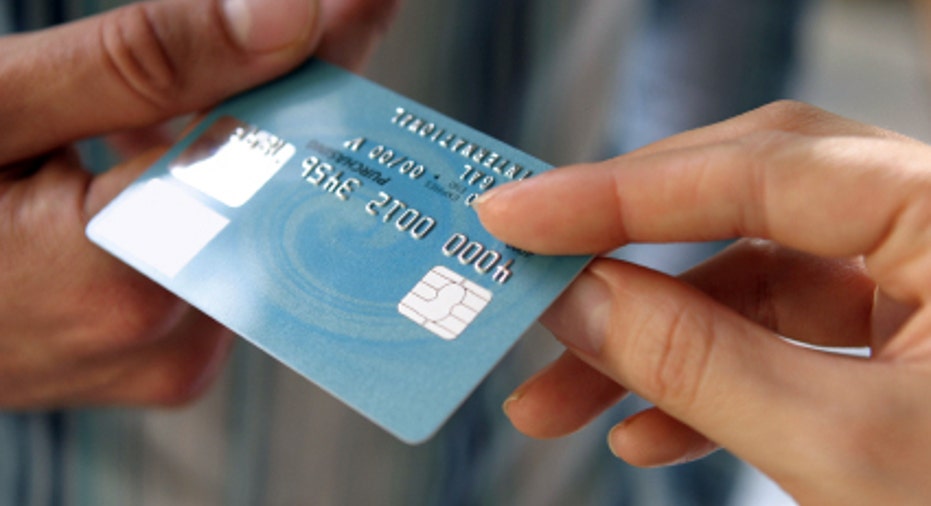Want a Rewards Card With an Annual Fee? Run the Numbers First

Dear Cashing In,
I'm looking for a new rewards card and I like one that has a $95 annual fee, but that fee is just scares me. I spend maybe $700 or $800 per month on my cards and I travel a little bit, so I've got a few miles built up, but do you think that a $95 annual fee is a good fit for me?
- Paul
Dear Paul,
If you're averaging $750 per month in charges on your cards, I don't blame you for being leery about a $95 annual fee. Your decision should depend on how much you travel -- specifically, how much you use that credit card for travel.
Measuring the worth of an annual fee comes down to how much reward the card buys you. If you're contemplating the Gold Delta SkyMiles card from American Express or the United MileagePlus Explorer card from Chase, both of which charge the $95 annual fee you mentioned, you'll get one mile per dollar spent, which for you will amount to about 9,000 miles per year ($750/month x 12 months = $9,000 or 9,000 miles). That's not even enough to buy a one-way domestic fare, since those start at 12,500 frequent flier miles.
Of course, with either of those cards, you'll also get two miles per dollar spent on the affiliated airline. If, on top of your ordinary charges, you pay for two round-trip domestic flights a year with your credit card, that could add another 2,000 miles. ($500 x two flights = $1,000, so your two miles-per-dollar reward nets you another 2,000 frequent flier miles). Now we're up to 11,000 miles earned in a year (the 9,000 miles you earned via ordinary charges + 2,000 for the flights = 11,000). At this point, given the miles you say you've already banked, you could probably qualify for a one-way fare.
What's the value of a one-way ticket? If you were flying from San Francisco to Philadelphia, you'd pay about $275 one way right now. But you'd still have to pay the other $275 for the trip back and that only saves about $200 over a round-trip fare. So far, you've earned $200 in reward value. Minus the $95 annual fee, you're ahead by about $100.
If you check a bag on each leg of that journey, you get that free as a cardholder perk, so that's another $50 saved ($25 per bag each way). If you fly with a companion, he or she gets their first bag checked free as well. MileagePlus also throws in two complimentary day passes to United's airport lounges each year, supposedly worth up to $100 (but you'd really have to scarf down those complimentary snacks and beverages). If you plan to use any or all of those perks, figure them in as a cost savings for every flight you make in an average year.
Obviously, the more you spend on that airline with your credit card, the more rewards you accrue. Trade one of those domestic fares in our example for an overseas trip and you may have enough miles to purchase another round-trip domestic fare. That may justify that $95 fee for you.
If you don't think you can keep up that rate of spending on a particular airline, you should consider rewards cards that earn the same point per dollar, minus the annual fee and limitation to one airline. Miles by Discover, for example, charges no annual fee and offers 1,000 bonus miles every month you make a purchase for the first year, in addition to the mile per dollar spent. You can spend those miles on any airline, hotel or car rental with no blackout dates.
Capital One Venture offers two miles per dollar spent, redeemable on any travel expense, and comes with a $59 annual fee, which beats the one you're considering by $36. That would double your 9,000 annual reward-mile average to 18,000, bringing you a lot closer to a free round-trip airfare.



















